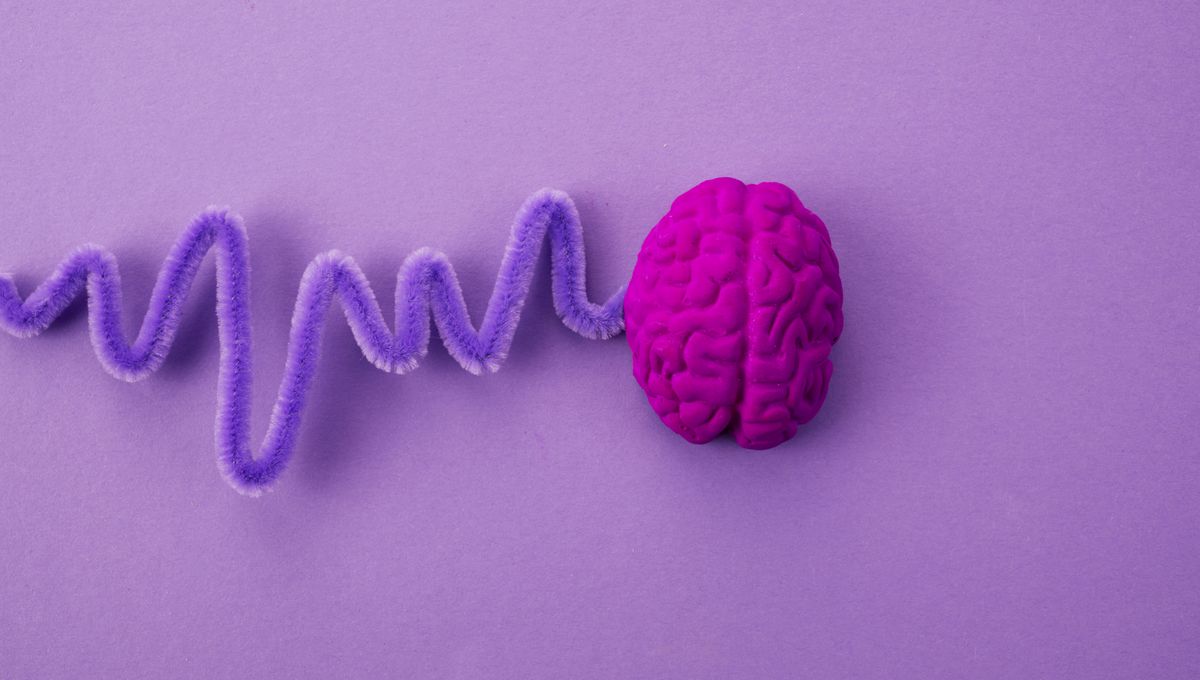
A 13-year-old boy has become the first patient in the world to test out a brain stimulation device to treat severe epilepsy. Oran Knowlson, who had the surgery in October 2023 when he was 12, was sometimes having hundreds of seizures per day before the device was fitted, and his family says he is already seeing massive benefits.
“I had a fairly bright three-year-old, and within a few months of his seizures commencing he deteriorated rapidly, and lost a lot of skills,” Knowlson’s mother Justine explained to the BBC. As well as diagnoses of autism and ADHD, Knowlson has a condition called Lennox-Gastaut syndrome that appeared when he was a toddler, which his mother said “robbed him of all of his childhood.”
This is a rare and severe form of epilepsy causing multiple different types of seizures that do not respond to traditional antiepileptic medications. Knowlson’s mother explained how he would frequently drop to the floor, lose consciousness, and on occasion even stop breathing.
Since the usual drug treatments don’t work in these cases, scientists have been looking at different approaches to treatment, with one promising option being neurostimulation. Theoretically, a device implanted in the correct part of the brain could deliver a constant electrical current that disrupts or blocks the abnormal patterns of activity that characterize epileptic seizures.
Such devices are already used in deep brain stimulation (DBS) treatment for Parkinson’s disease, and some success has been seen in patients with epilepsy, obsessive-compulsive disorder, and traumatic brain injury. However, these current uses have been largely confined to adults – performing such complex surgical procedures on children requires careful adaptation to ensure that the devices meet their unique needs.
The CADET Project, established as a collaborative effort between UCL Great Ormond Street Institute of Child Health & Great Ormond Street Hospital; King’s College Hospital, King’s College London & The Evelina; the University of Oxford; and industry partner Bioinduction, is aiming to trial the use of a DBS device in 22 children with Lennox-Gastaut syndrome. Knowlson is the first of the children to have his device surgically implanted.
Manufactured by Bioinduction, the device is called the Picostim, and it’s particularly well-suited for use in kids. The stimulator itself is anchored to the skull, with connected electrodes that are inserted into the part of the brain where they can have the greatest impact on seizure activity.
It can be recharged through the skin using a handheld charger or headset, and there’s no need for wires to be threaded down to a battery in the wall of the chest, as is the case with some more traditional designs, which reduces the risk of infection.
“This study is hopefully going to allow us to identify whether deep brain stimulation is an effective treatment for this severe type of epilepsy and is also looking at a new type of device, which is particularly useful in children because the implant is in the skull and not in the chest,” lead neurosurgeon Martin Tisdall told the BBC.
During the eight-hour surgery, electrodes were inserted deep into the thalamus inside Knowlson’s brain and attached to the 3.5-centimeter (0.5-inch) square, 0.6 cm (0.2-inch) thick device that was anchored into his skull.
After a month of recovery, the device was switched on. Though he cannot feel the stimulation, and it doesn’t interfere with his everyday routine, the effect has been dramatic, with an 80 percent reduction in daytime seizures.
“He is more alert and with no drop seizures during the day,” his mother said. The improvement has been so marked that Knowlson has even been able to take up riding lessons under close medical supervision.
The case marks a milestone for the CADET Project, but the work will soon continue with three more children. It’s hoped that in the future, the stimulators may be modified to respond to changes in brain activity in real time, cutting off a seizure before it starts. This kind of technology provides much-needed hope for people for whom traditional epilepsy treatments are simply ineffective, and many will be following the results with great interest.
Source Link: World First As Boy Receives Pioneering Brain Implant For Rare Form Of Epilepsy